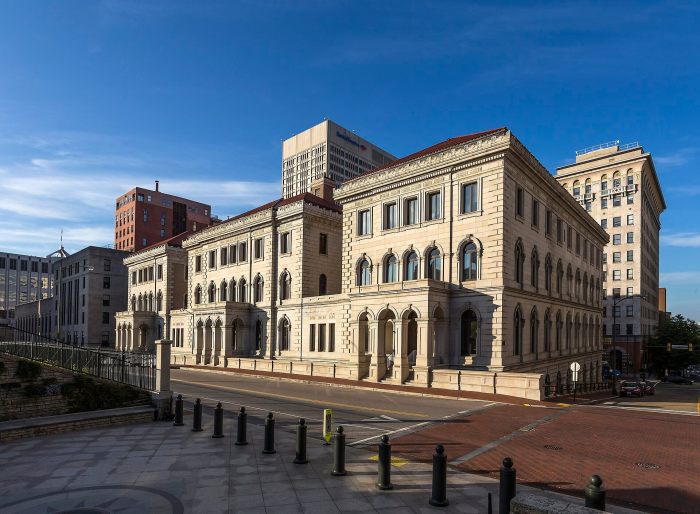You could call it Canada’s version of the sub-prime mortgage crisis.
According to a recent account in the Globe and Mail, as many as 30,000 homeowners face mortgage foreclosure over the next three years. We’re not talking about laid-off workers of ne’er-do-wells who skip payments. These are hard-working, upright folks who have made all their payments. It’s just that the mortgage lenders who happily approved their loans last time around won’t renew.
But these now reluctant “non-traditional” mortgage lenders have a great suggestion. The mortgage renewals they won’t touch with a bargepole should be underwritten by Canada’s only inexhaustible source of finance — us taxpayers. A new lobby group for the very lenders who are abandoning the sub-prime set wants Ottawa to back a $1-billion fund to refinance its now vulnerable clients.
Government bailouts of any kind are problematic because they distort the market’s process of natural selection, muddying economic realities with political agendas. Thus you have companies — automakers come on down — that are deemed too big and too important to employment levels to fail. Embattled homeowners are an equally sensitive subject. How can politicians stand idly by while Suzie and Sammy Homemaker are thrown into the street?
Well, here are a couple reasons why they should. First, consider that home ownership is not a right, but an earned privilege. There’s nothing about it in the Charter of Rights and Freedoms. Unfortunately, not everyone is destined to own a home, and the people now facing foreclosure would never have been approved by “traditional” or “prime” mortgage lenders like banks or trust companies.
The current crisis has been brewing from more than two years. That’s when our “non-traditional” sub-prime lenders started heading for the exits. Take Xceed Mortgage Corp., a lender that was happy to ride the housing boom earlier in the decade. Its assets rose 20-fold to $2.7 billion in 2007 while profits went from less than zero to a peak of $22 million in 2006.
But Xceed was securitizing its sub-prime mortgage assets, packaging and re-selling them, and when the Asset Backed Commercial Paper crisis killed that market in mid-2007, the company could no longer function profitably. It rapidly reconfigured itself as a “traditional” lender, only recently finding its voice as a bailout advocate.
In the end it’s a sad business — overreaching families dispossessed by the denizens of an opportunistic capital market — but the rest of us shouldn’t pay for it.
















